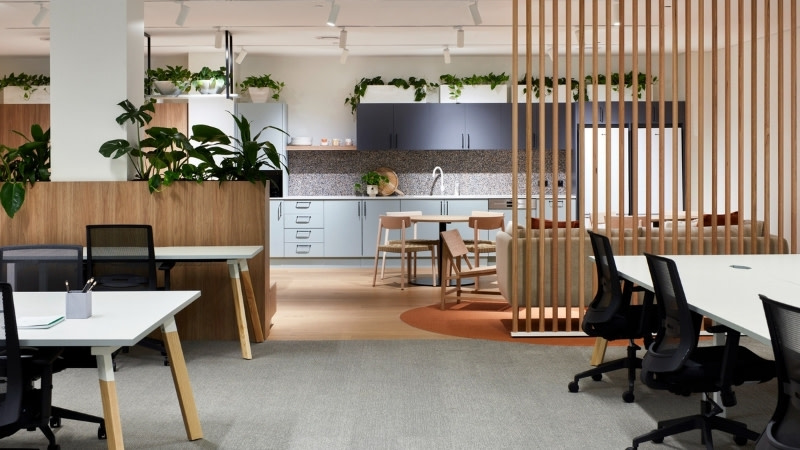Small Tenants Driving Office Resurgence

Landlords are turning to spec suite strategies to lure smaller tenant activity, which is leading the office market’s resurgence in Australia.
JLL head of strategic research Annabel McFarlane said hybrid working was the new normal and there was no doubt it had changed the way we work.
But in good news McFarlane, who is speaking at The Urban Developer’s The New Workplace vSummit on Thursday, 29 September, said it was not likely to have as big an impact as it was first claimed.
“Smaller tenant activity, [less than] 1000sq m cohort is leading office sector market recovery and this is likely to continue,” McFarlane said.
“Though economic uncertainty is impacting some decision making—while unemployment remains low and business conditions remain strong, we expect solid demand from these tenants. They have plenty of choice in the market and as a result landlords have accelerated spec suite strategies, with some positive leasing results.”
McFarlane said the unprecedented growth of city-fringe office developments in Australia’s capital cities would continue.
“We have seen extraordinary activity in fringe office markets particularly Melbourne’s fringe office market.
“But surprisingly it’s not decentralisation from the CBD but organic growth within the fringe precincts or centralisation from other outer suburban precincts or even non–office buildings, showrooms and some industrial as occupiers focus on bringing staff together.”

McFarlane said the yield decompression cycle had begun.
“There is still demand for prime office assets in great locations,” she said.
“However, we are anticipating yield decompression particularly for weaker assets within the market.
“Borrowing costs are higher, and the spread to bond rates has narrowed.”
McFarlane said she also anticipated the rise of brown discounts for assets that did not meet environmental targets, particularly in Sydney where Net Zero targets have been set for commercial buildings.
“This will impact office markets and the concept of a brown discount for assets that don’t meet the demand from occupiers or investors for more sustainable assets will start to become more pronounced,” she said.
“It's already clear that there aren’t enough highly sustainably or Net Carbon Zero office assets to meet future demand.”
To hear more on the future of the office market and why institutional capital is flooding the office sector, join The Urban Developer for our one-day virtual summit on Thursday.















